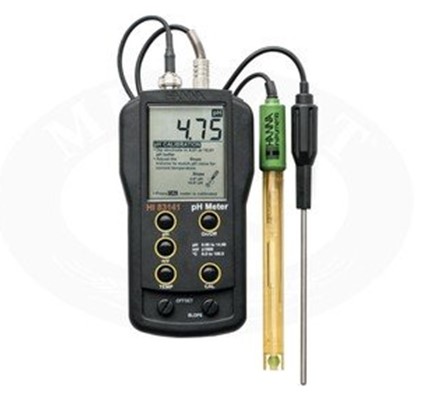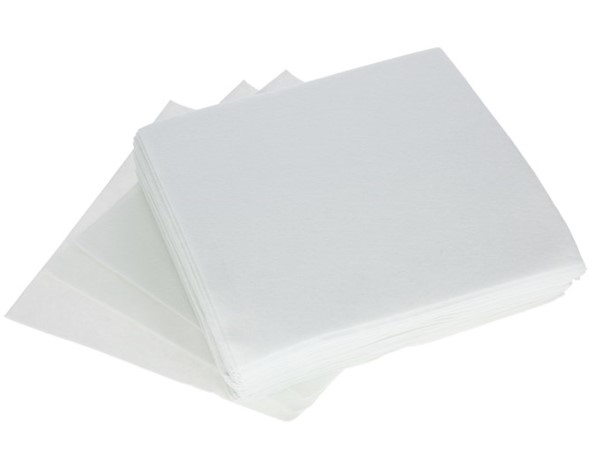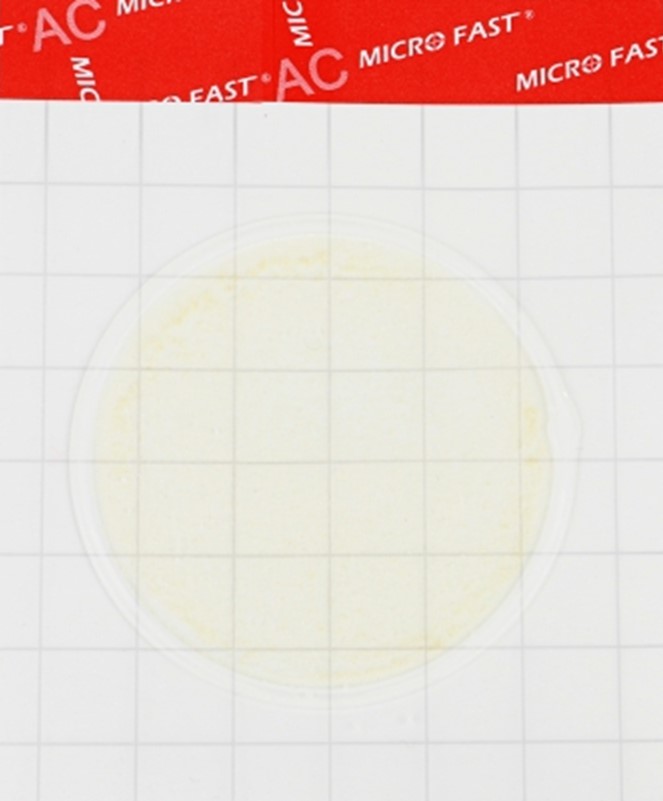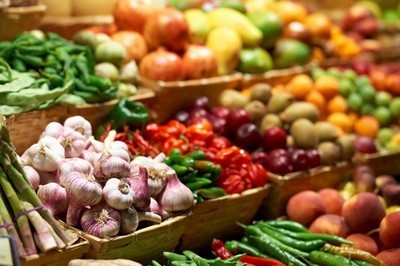Indian refineries began to pay for oil supplies from Russia in yuan
Indian oil refineries have begun paying part of their oil imports from RUSSIA in Chinese yuan, people familiar with the matter told Reuters.
The agency recalls that for a long time the US DOLLAR served as the main currency for settlements between Russia and India , however, due to sanctions, Moscow began to use alternative currencies, including rubles, rupees, dirhams and yuan.
"Some refineries pay [Russia] in other currencies, such as yuan, if banks are unwilling to trade in dollars," an Indian government source told Reuters.
Three more sources of the agency specified that the first Indian oil refinery to start paying for oil imports in yuan was the country's largest Indian Oil Corporation Ltd (IOC). According to them, two of the three private Indian refineries also use a similar scheme.
RBC sent requests to HPCL-Mittal Energy (HMEL), Reliance Industries and Nayara Energy.
Deliveries of Russian oil to India in June reached a new record: last month they amounted to 2.2 million barrels. per day, BLOOMBERG calculated . This is more than half of India's total oil imports. For comparison: a year earlier, the share of Russian oil in India was 16.5%.
Reuters previously wrote that Moscow and Delhi suspended work on converting bilateral trade into rupees due to a trade imbalance - $51 billion of imports to India against $10.6 billion to Russia.
Read PIONERPRODUKT .by Money is flowing away: looking for problem areas in procurement to reduce costs What do companies that are afraid to hire 45+ employees lose? Your project is stalling and losing money . A simple way to fix the situation "They can destroy human civilization" - Yuval Harari on neural networks
India's state-owned Indian Oil Corp. has been the largest buyer of Russian oil over the past two months, followed by Reliance Industries Ltd., according to Bloomberg analysts.
However, according to the agency, next month, deliveries to India may be reduced. According to Bloomberg, not all Indian refineries are ready to increase purchases in Russia: some were not designed to process oil with a high sulfur content, like Urals, they were focused on lighteroil from the Middle East. A further increase in purchases from Russia would mean the production of more fuel oil, which is sold cheaper than other petroleum products, or a costly reconstruction of plants.
Against the backdrop of Western sanctions, Russia redirected about 20% of the oil supplied to Europe to Asian markets, Deputy Prime Minister Alexander Novak reported at the end of April. According to him, exports to India increased 19 times last year.
India did not join the Western restrictions, but the country's banks advised local refineries not to buy Russian oil above the $60 per barrel price ceiling imposed by the European Union, the G7 and Australia. They warned that they would not make payments for oil bought more than the limit.





























































